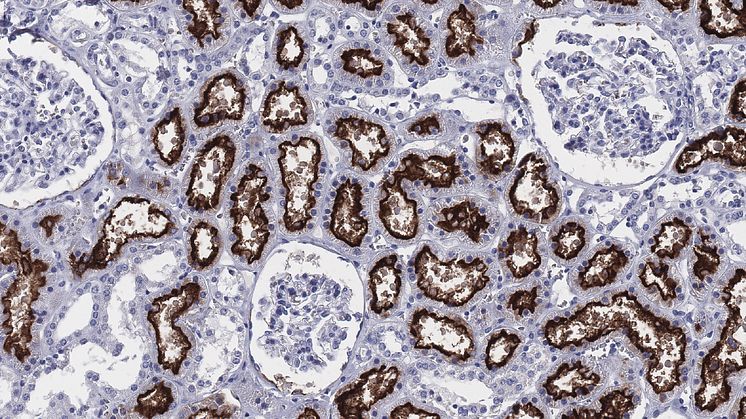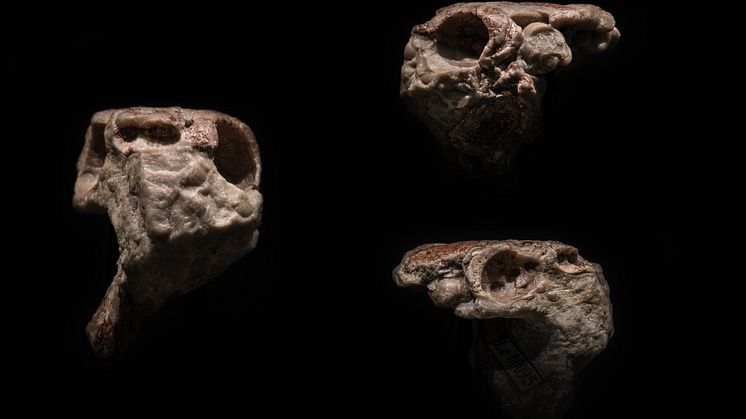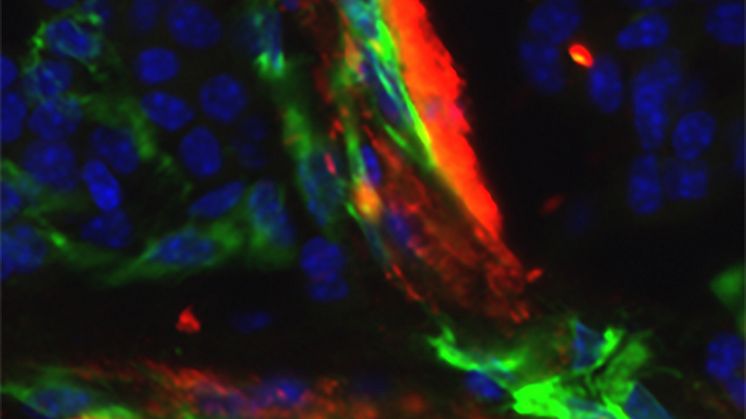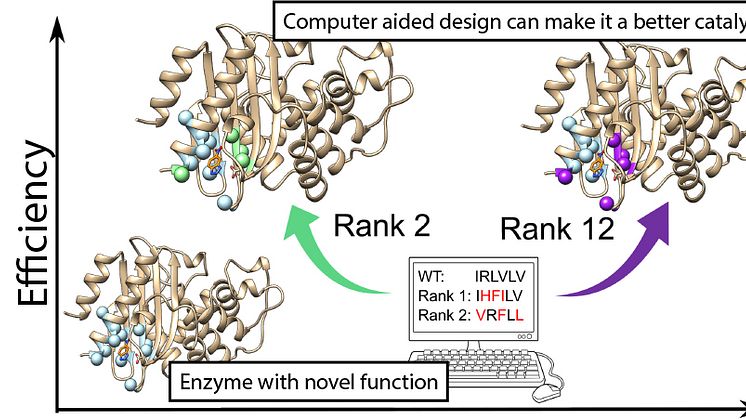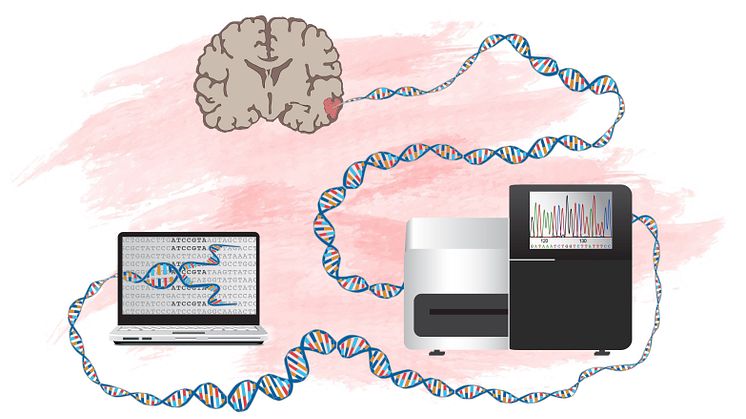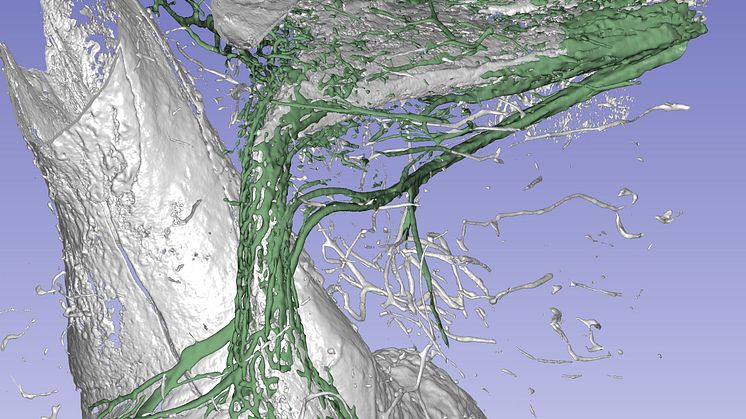New findings on enzymes with important role in SARS-CoV-2 infection
Researchers at Uppsala University have described the presence, throughout the human body, of the enzyme ACE2. This is thought to be the key protein used by the SARS-CoV-2 virus for host cell entry and development of the disease COVID-19. In contrast to previous studies, the study shows that no or very little ACE2 protein is present in the normal respiratory system.
